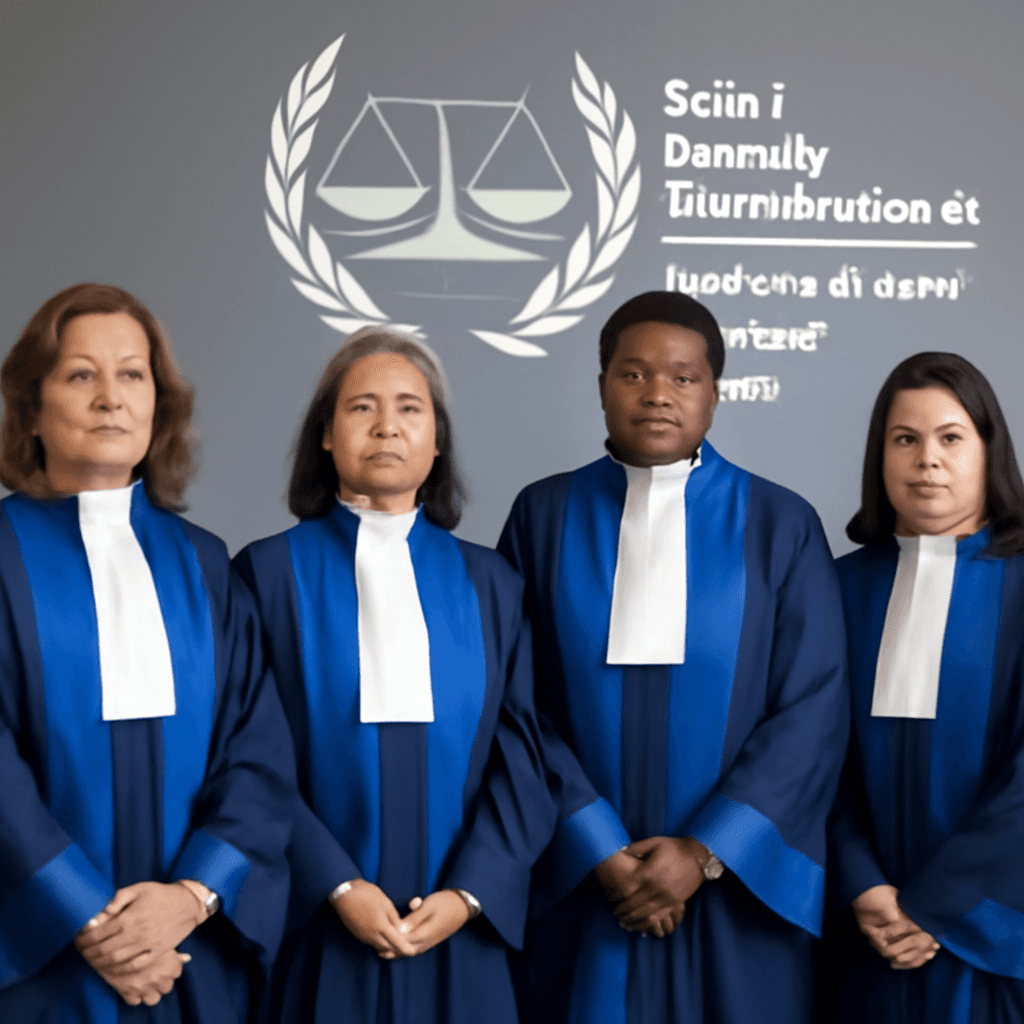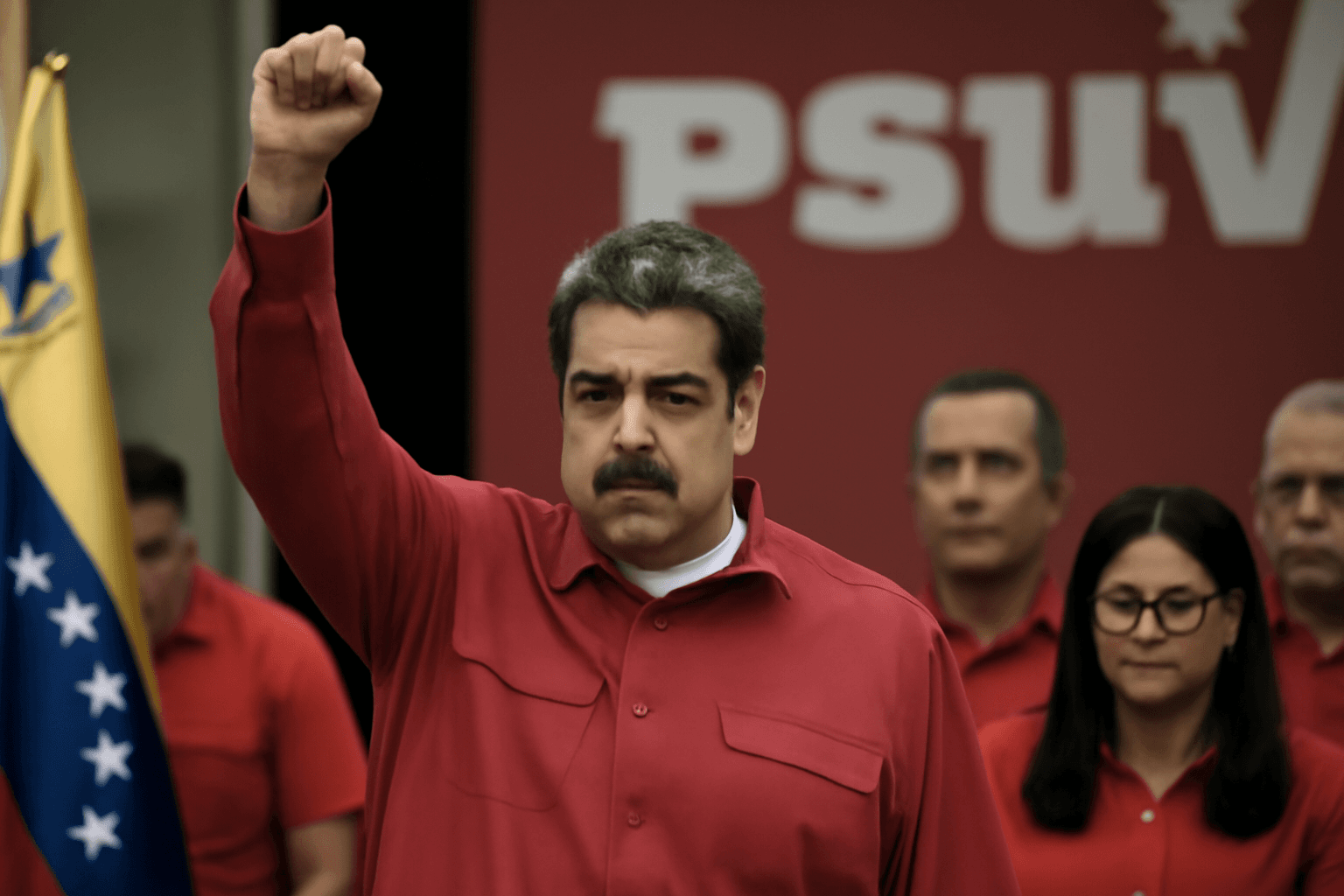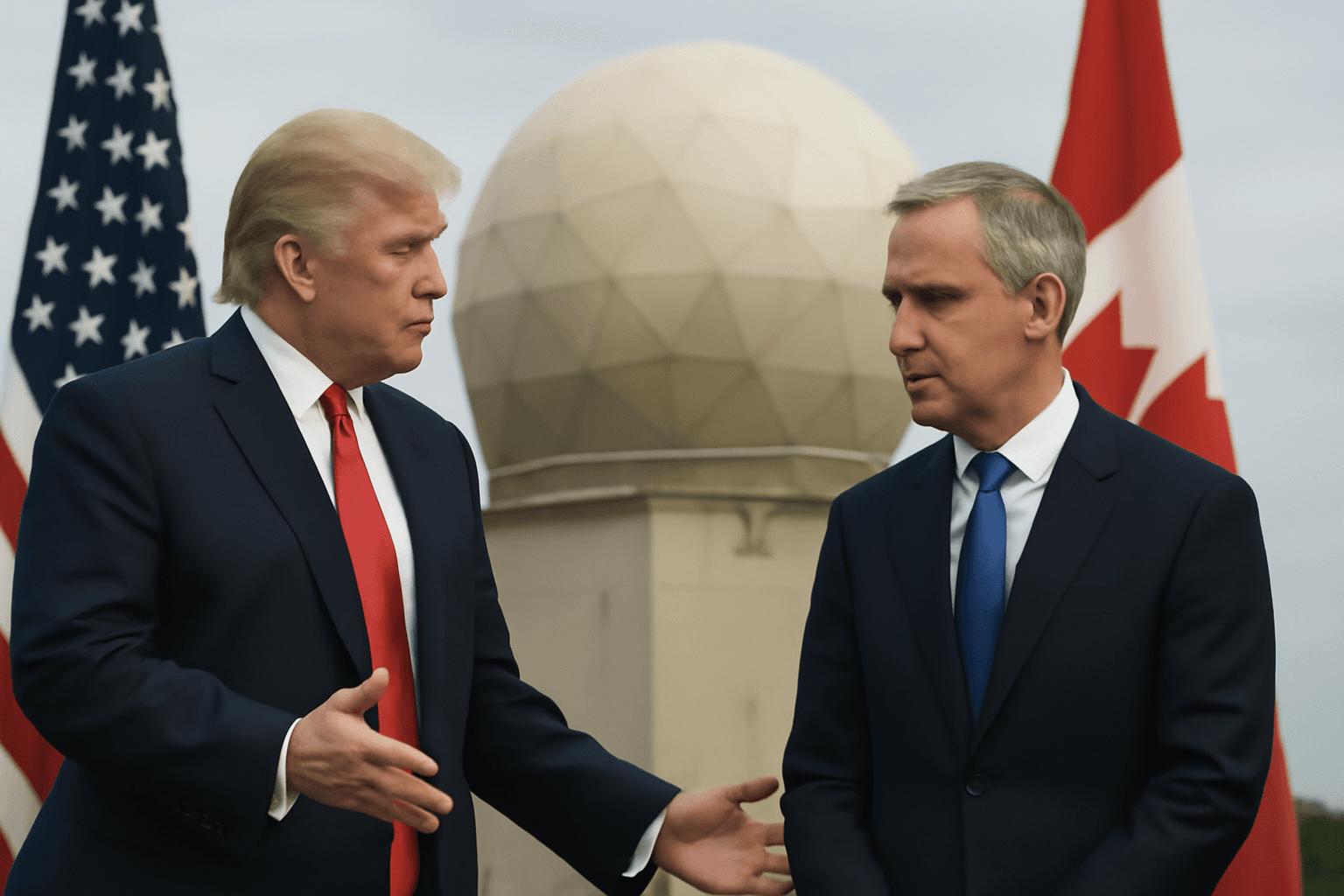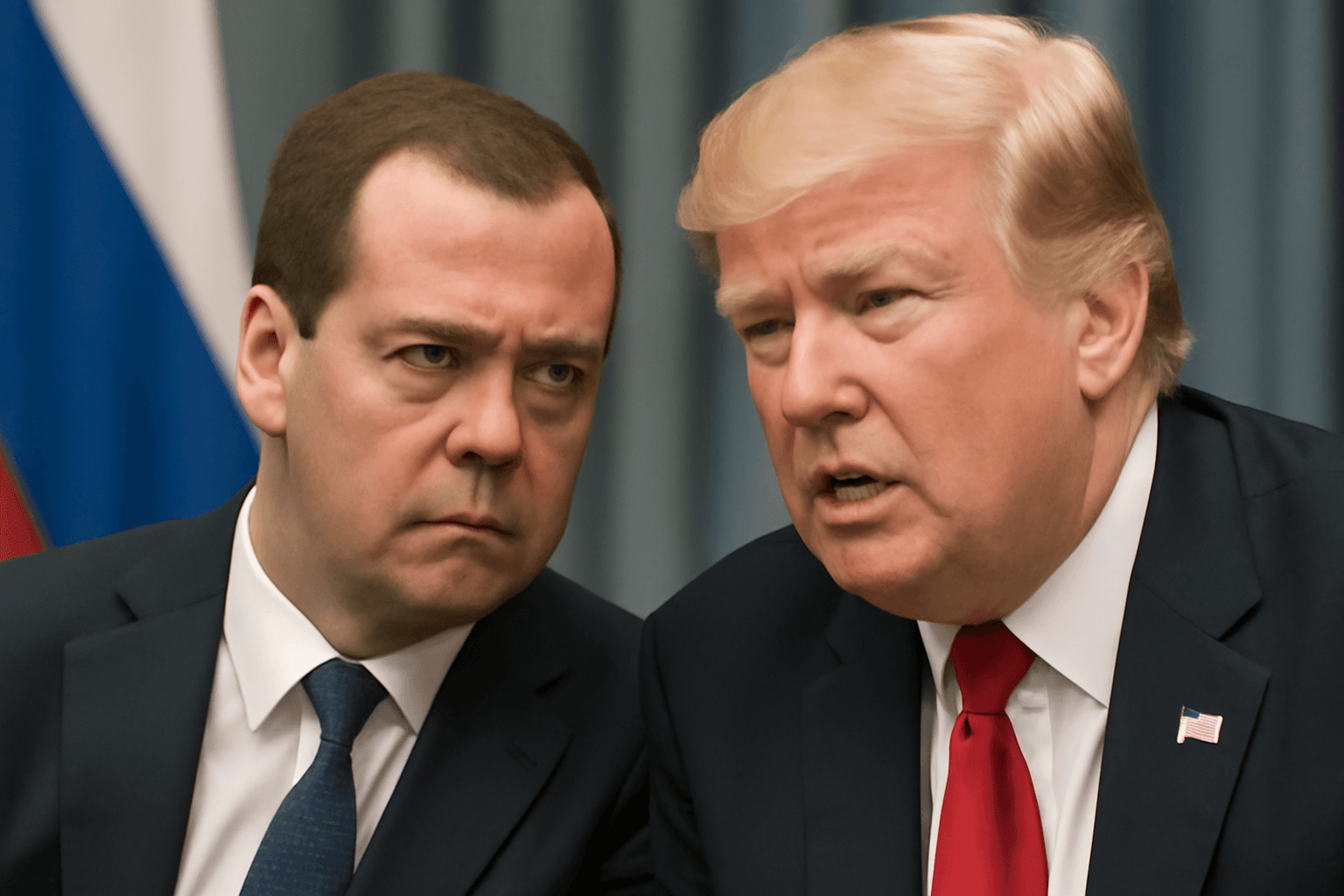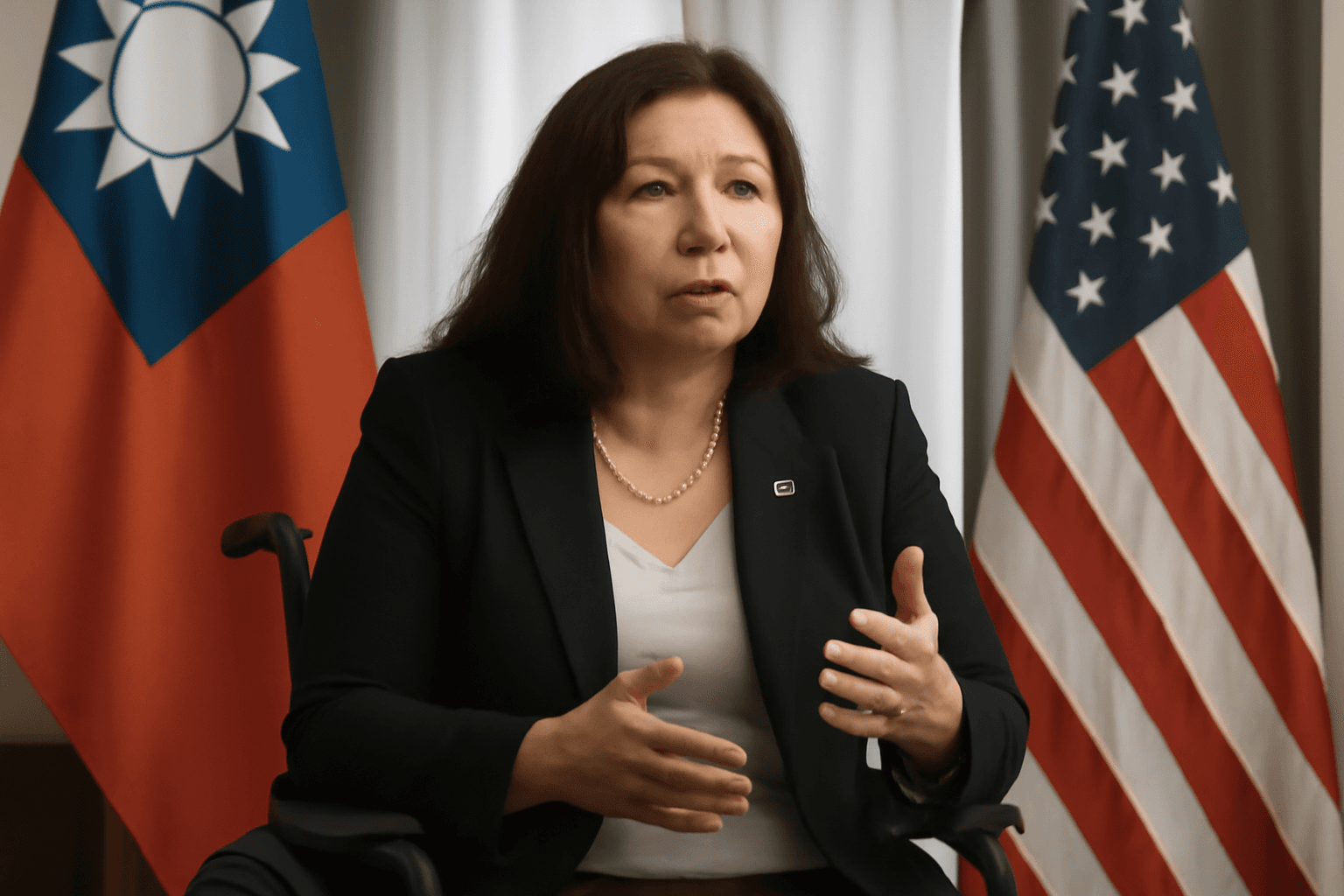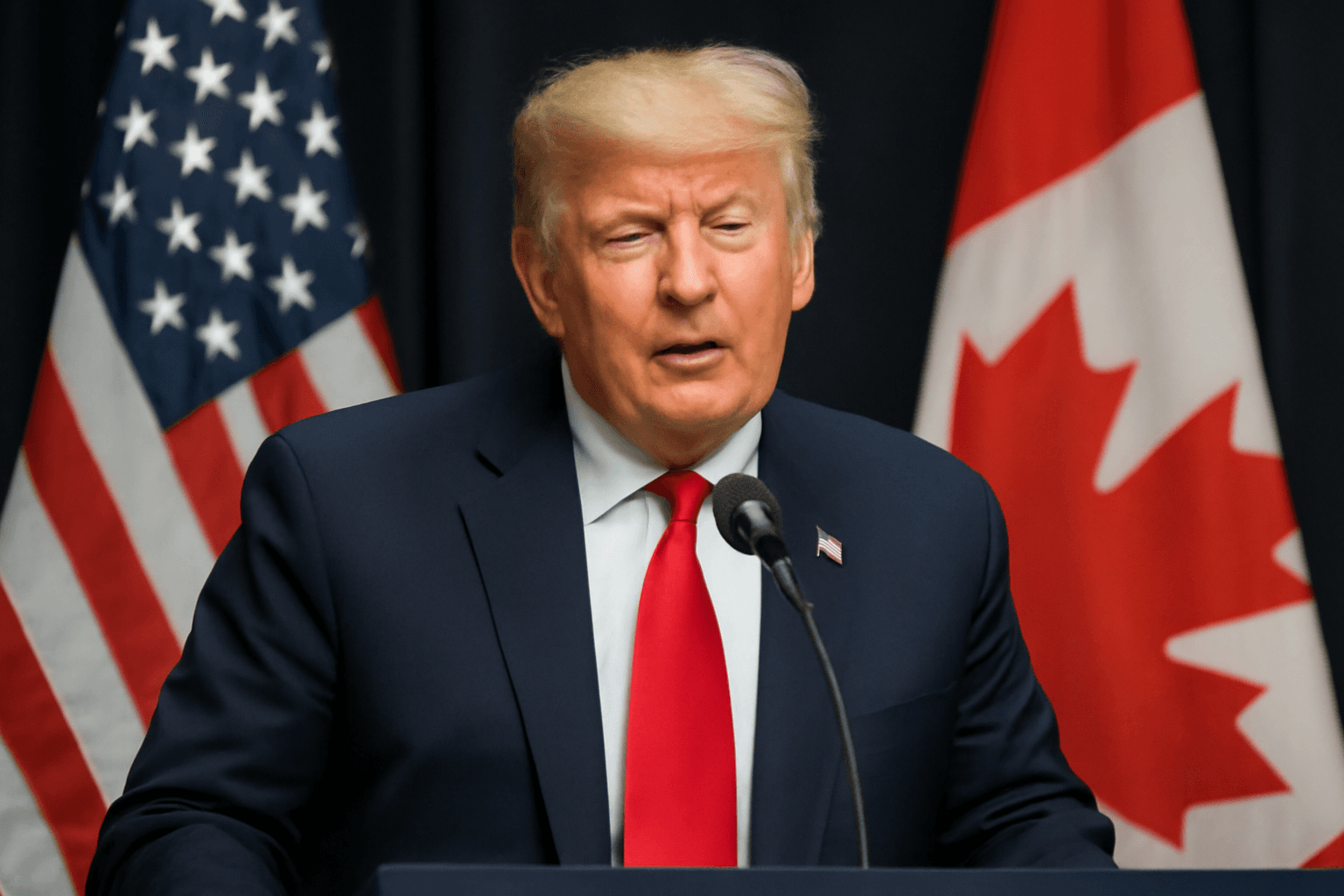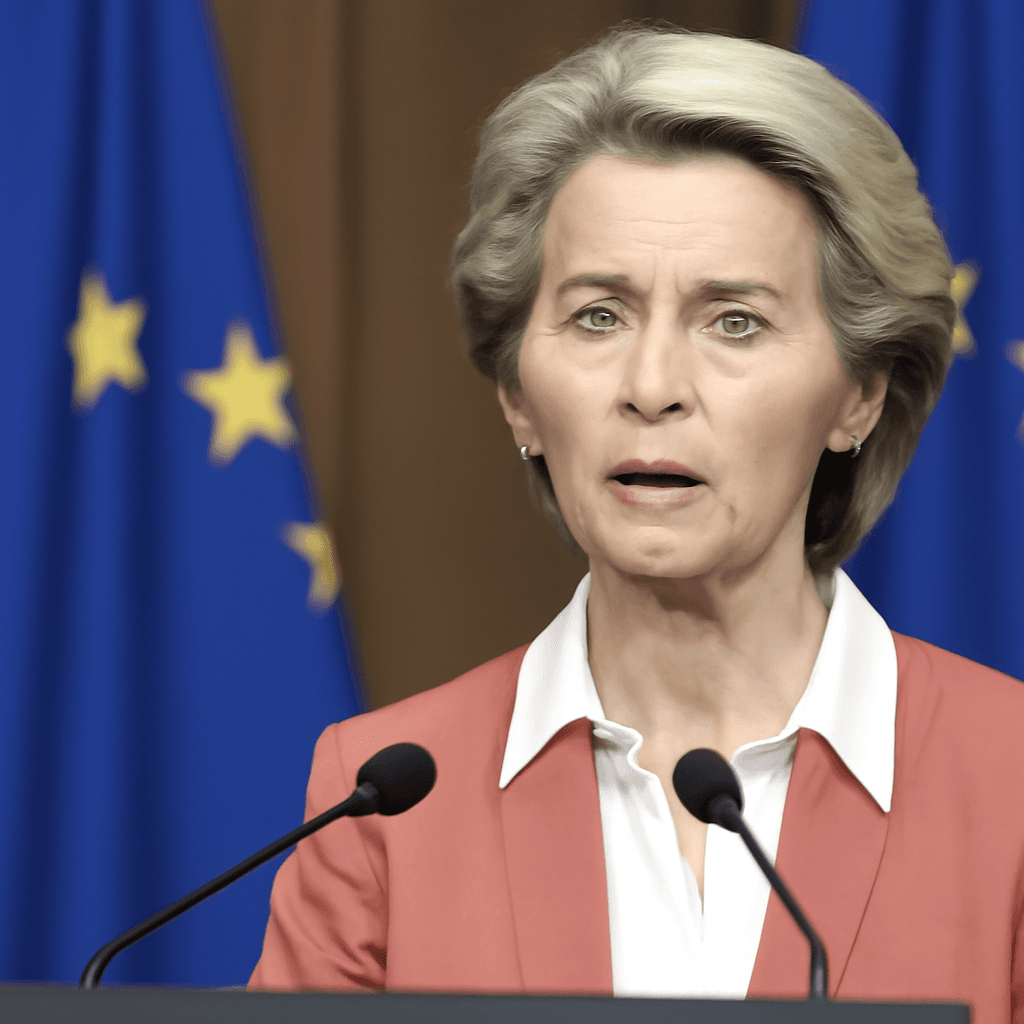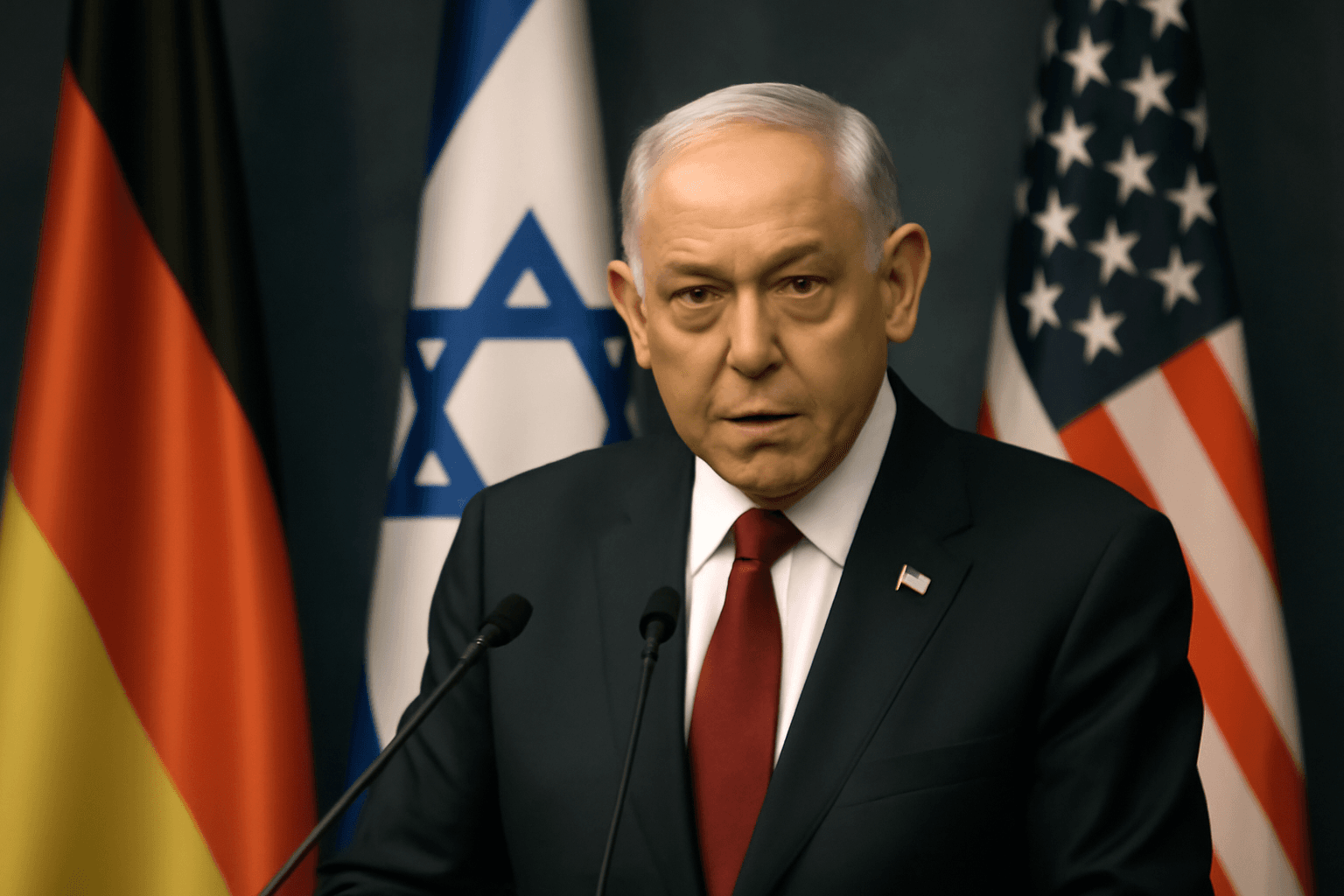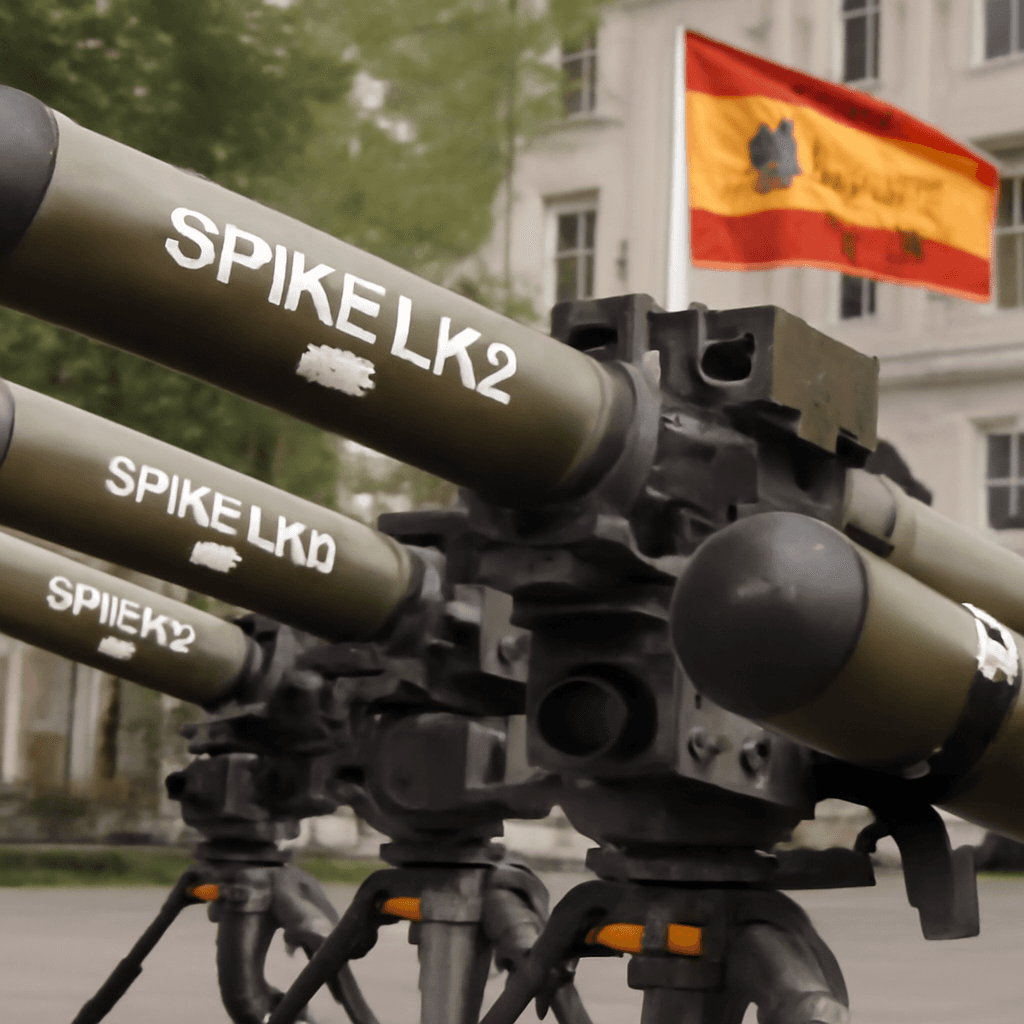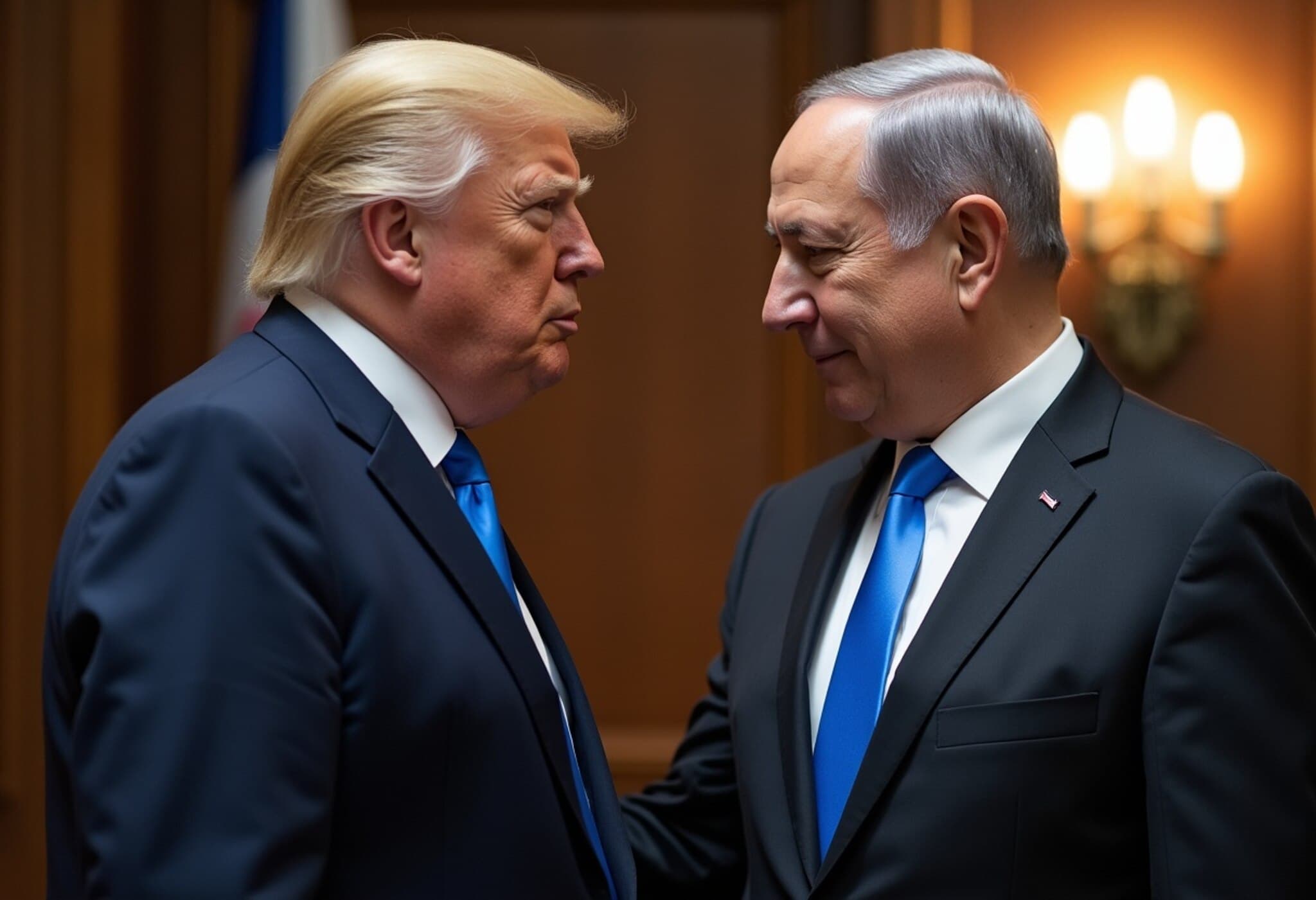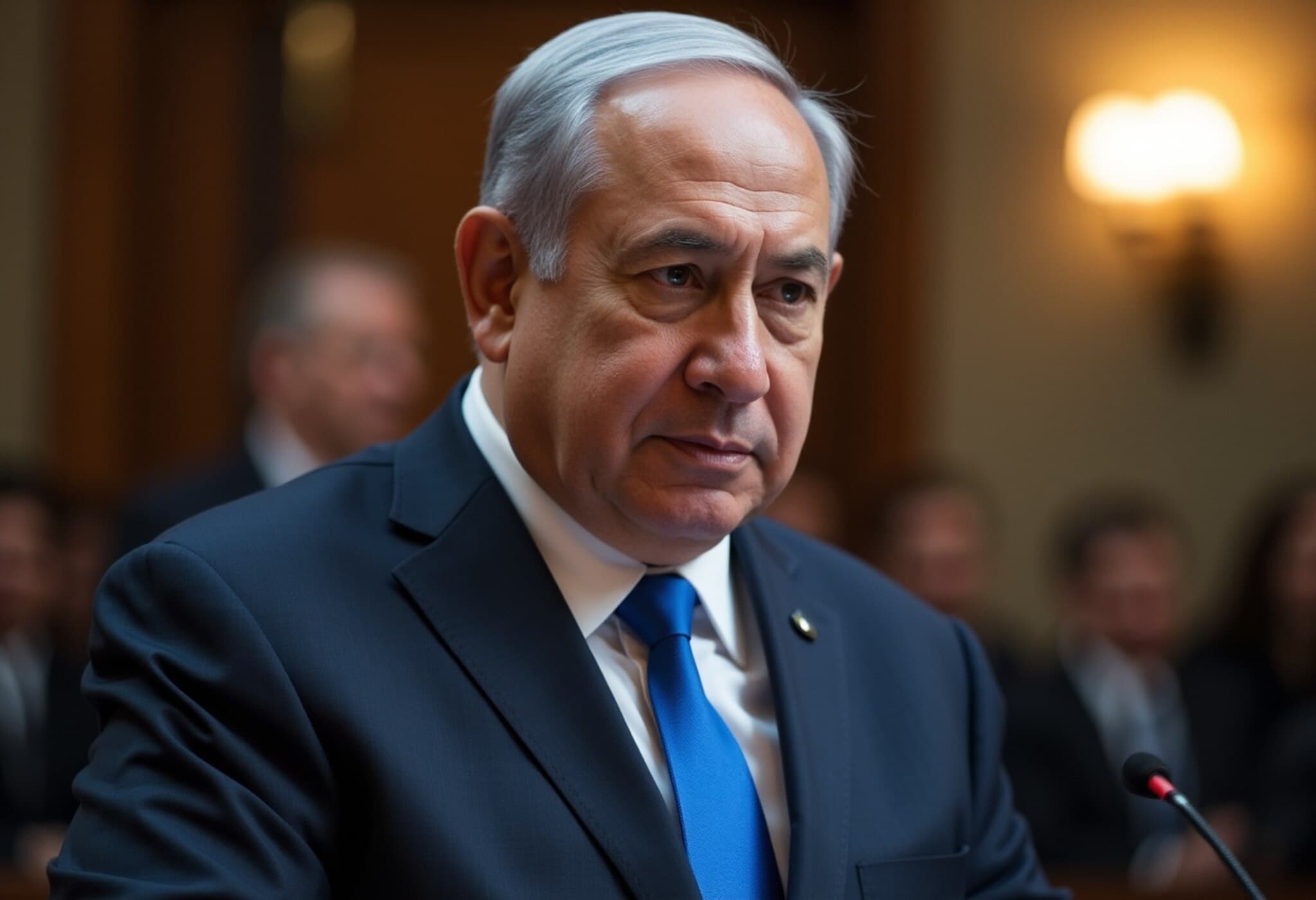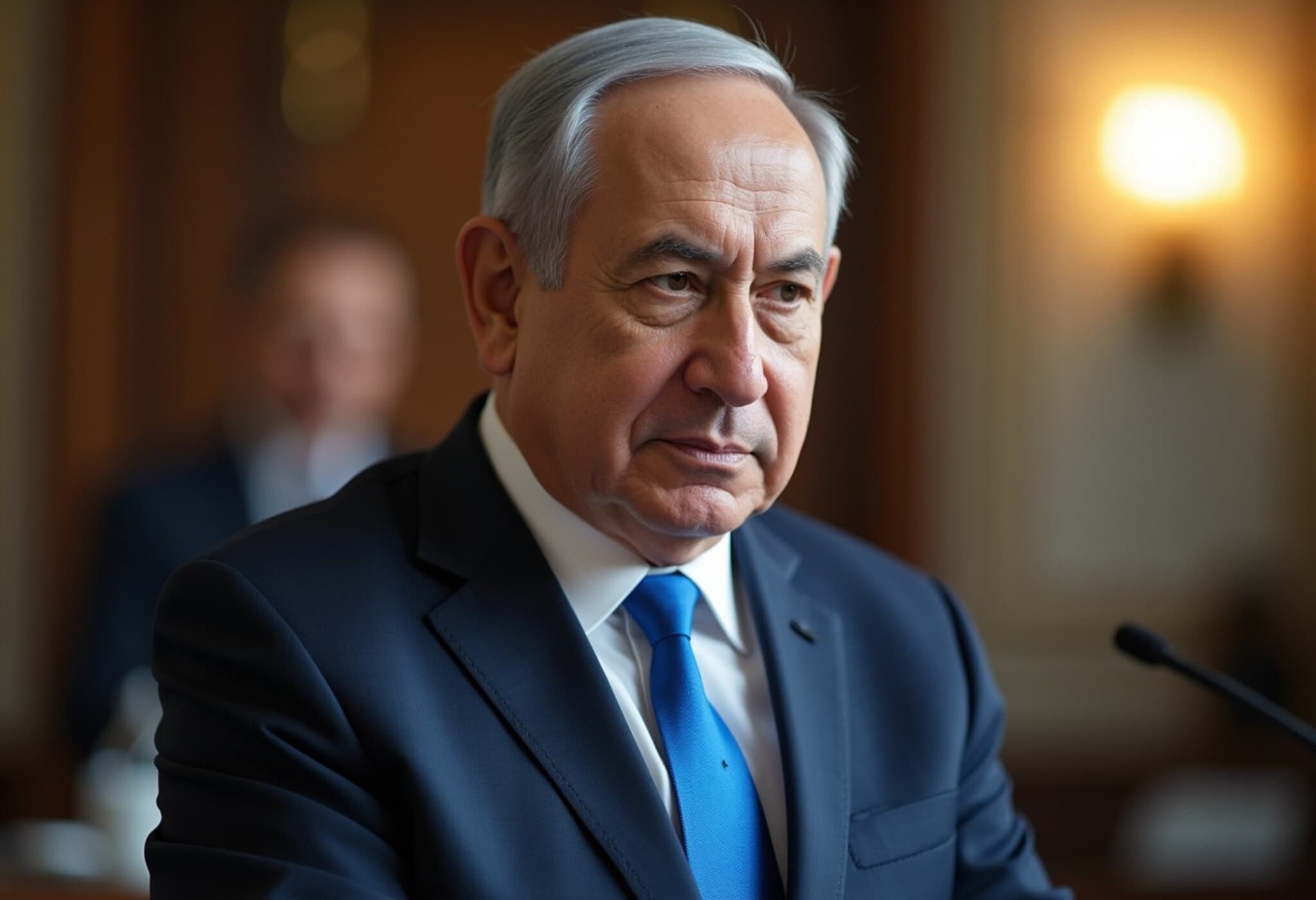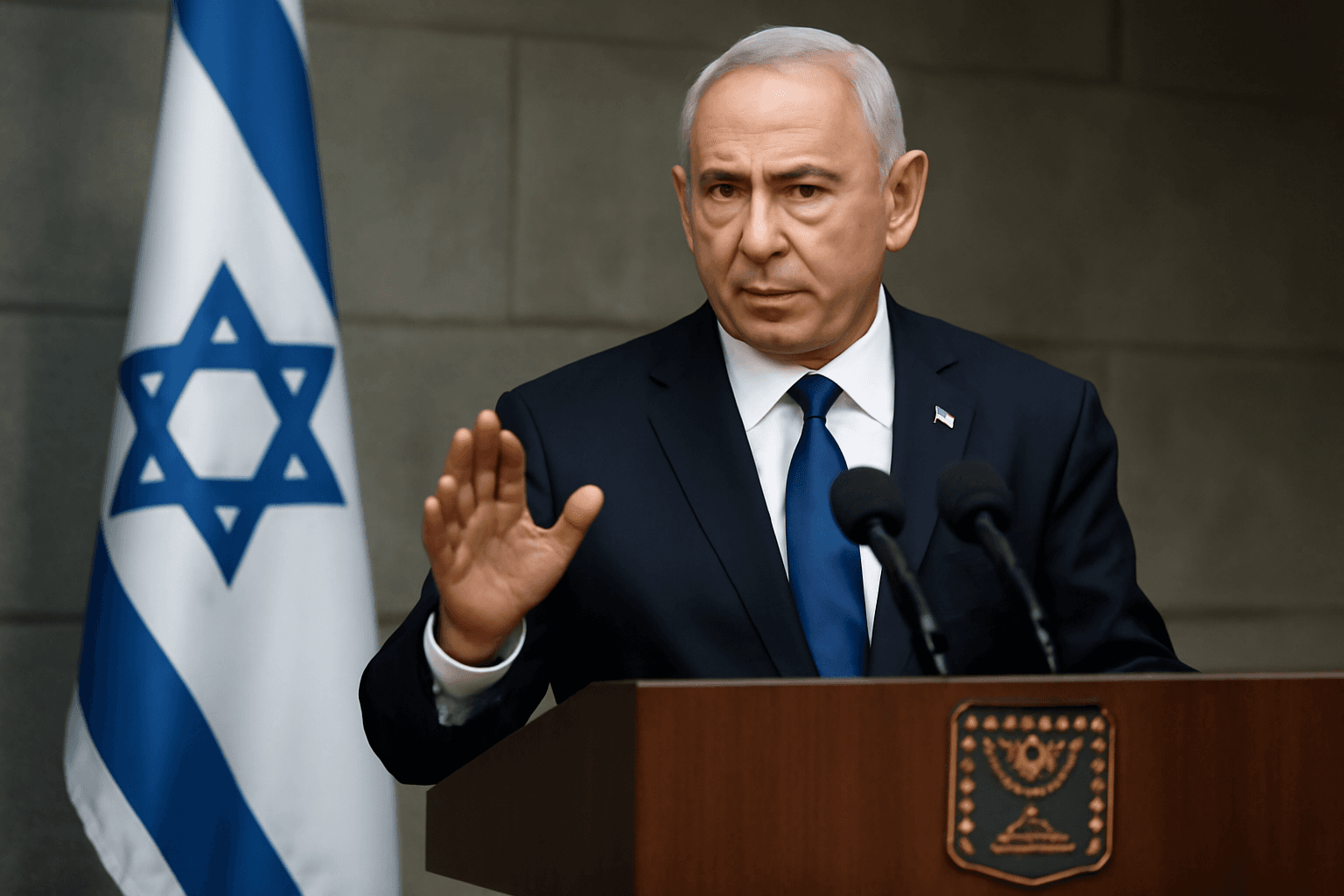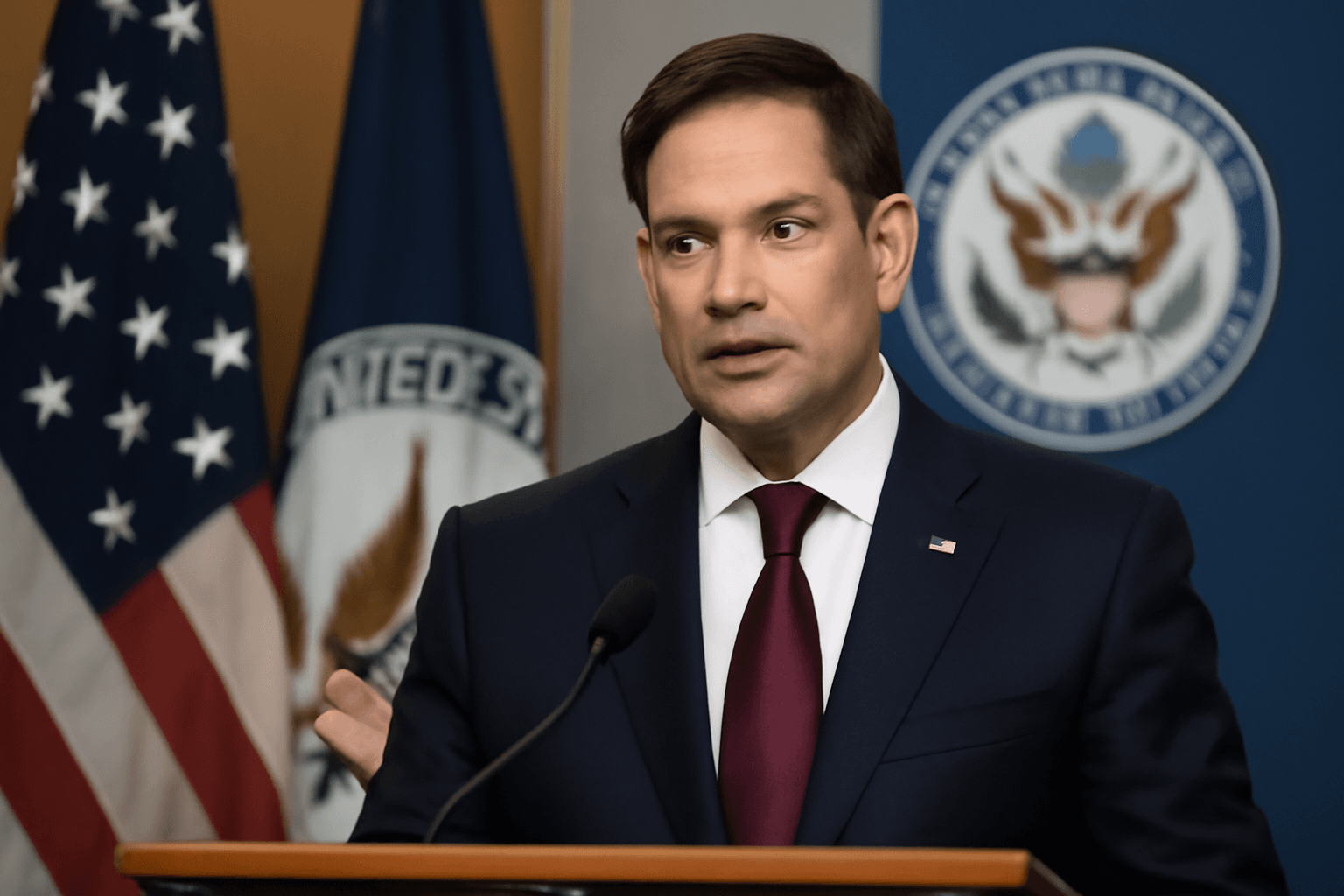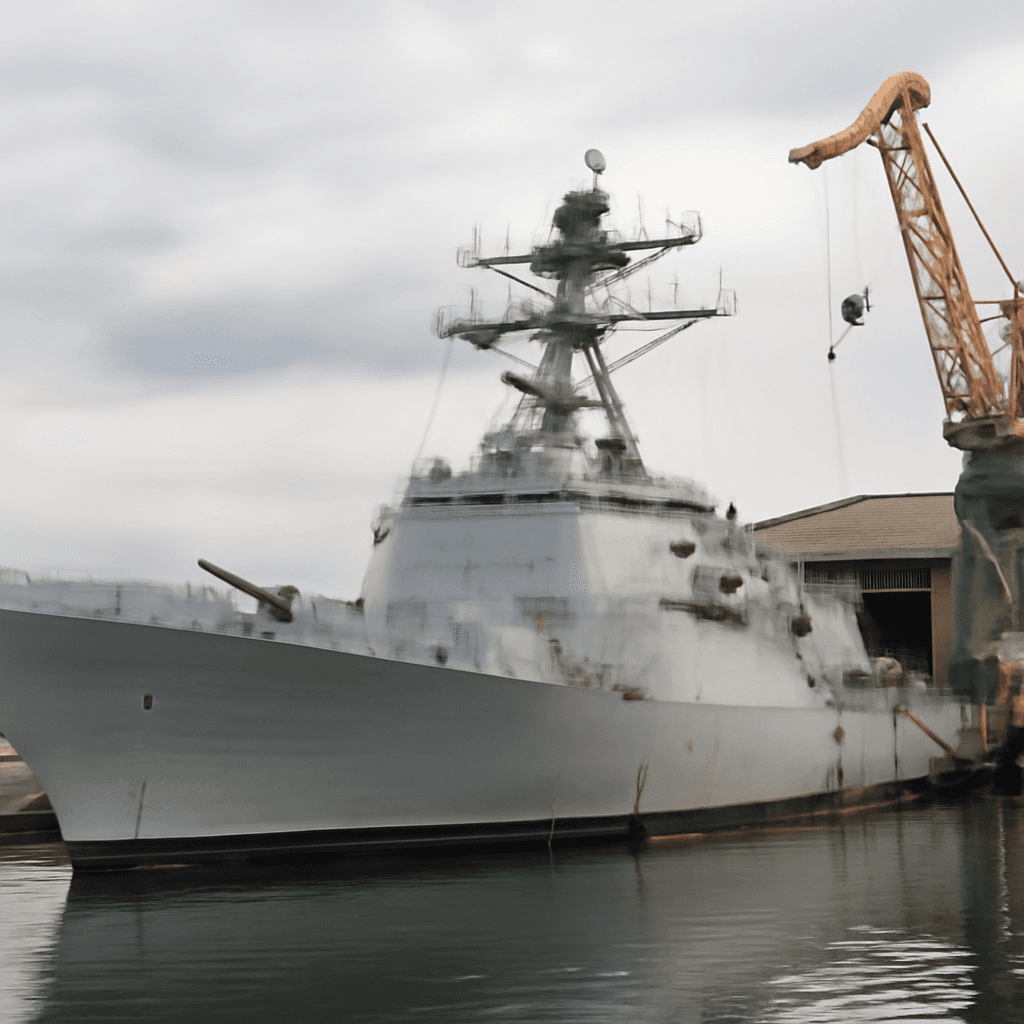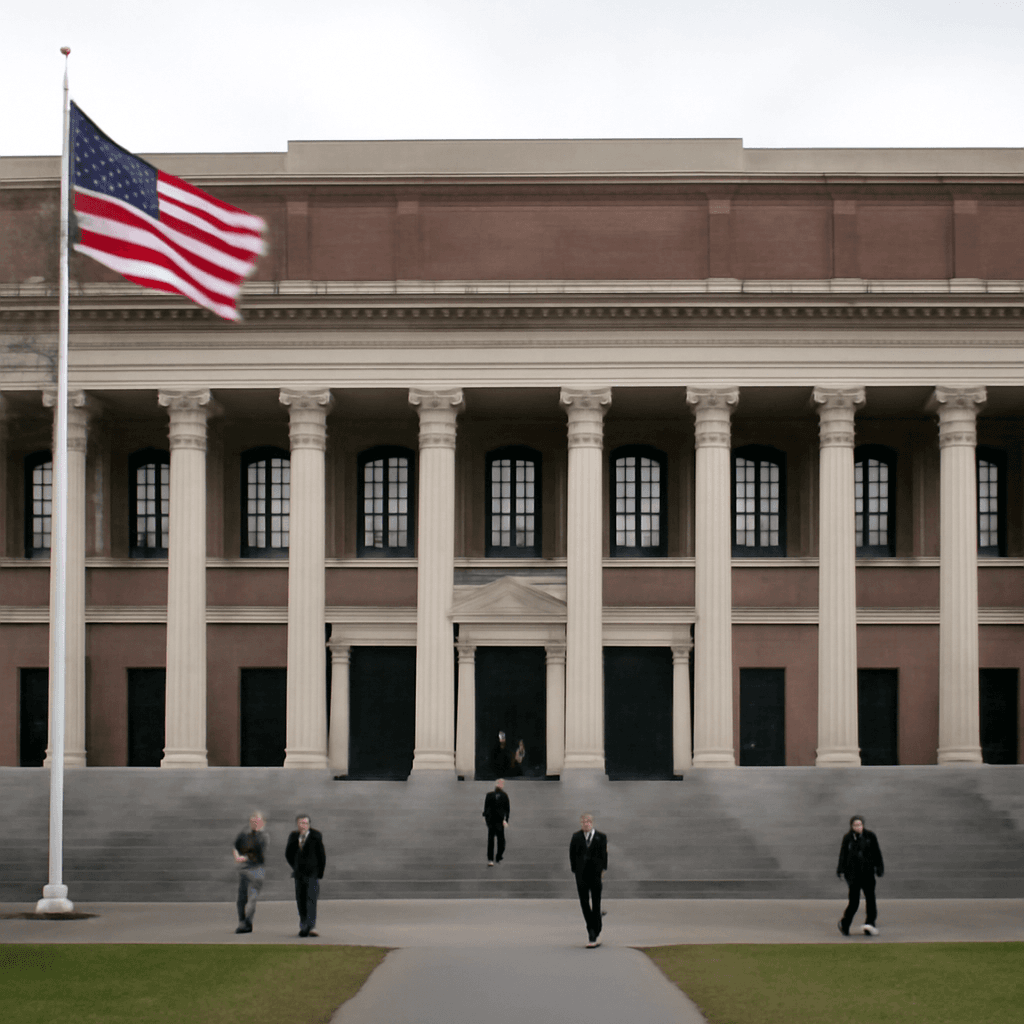US Imposes Sanctions on ICC Judges Amid Rising Tensions
The United States has announced sanctions against four female judges of the International Criminal Court (ICC) in response to the issuance of an arrest warrant for Israeli Prime Minister Benjamin Netanyahu. These sanctions include travel bans and asset freezes within the US, measures typically reserved for officials from adversarial nations rather than judicial figures.
Details of the Sanctions
Under the sanctions, the judges will be prohibited from entering the United States, and any property or interests they hold within the US will be blocked. This move represents a significant escalation in US opposition to ICC rulings perceived as targeting its close ally Israel.
US Secretary of State Marco Rubio emphasized the administration’s commitment to protecting US sovereignty and that of its allies, calling the ICC's actions "illegitimate." Rubio urged allied nations to reject what he termed a "disgraceful attack" on both the US and Israel.
ICC's Response
The ICC condemned the sanctions, characterizing them as an attempt to undermine the independence of the court, which operates under the authority of 125 state parties globally.
Background on the Arrest Warrants
- Beti Hohler of Slovenia and Reine Alapini-Gansou of Benin were involved in proceedings leading to the November 2024 arrest warrant for Prime Minister Netanyahu.
- The warrant cites "reasonable grounds" for criminal responsibility linked to the use of starvation as a method of warfare during Israel’s offensive in Gaza, following a major Hamas attack in October 2023.
- Luz del Carmen Ibanez Carranza of Peru and Solomy Balungi Bossa of Uganda participated in authorizing investigations into alleged war crimes by US forces in Afghanistan.
Legal and Political Context
Neither Israel nor the United States are signatories to the Rome Statute, which established the ICC. However, most Western allies and numerous countries worldwide are members, theoretically obligated to act on ICC arrest warrants.
The US has historically been critical of the ICC. Previous sanctions were imposed during the Trump administration against the ICC prosecutor concerning investigations in Afghanistan. The Biden administration adopted a more cooperative stance but maintained criticism over certain ICC actions.
Implications for International Relations
- Both Netanyahu and Russian President Vladimir Putin, who also faces an ICC arrest warrant, have dismissed the court's actions and avoid traveling to ICC member countries.
- In Britain, a key US ally, there is careful navigation regarding enforcement of ICC mandates, with no clear confirmation on whether Netanyahu would face arrest if he visits.
- Hungary has diverged from the European Union’s position by moving to leave the ICC, openly welcoming Netanyahu despite the arrest warrant.
Overview of the ICC
Established in 2002, the ICC prosecutes individuals for severe international crimes where national courts are unable or unwilling to act. The United States argues that its judicial system fulfills this role domestically, negating the need for ICC intervention.

